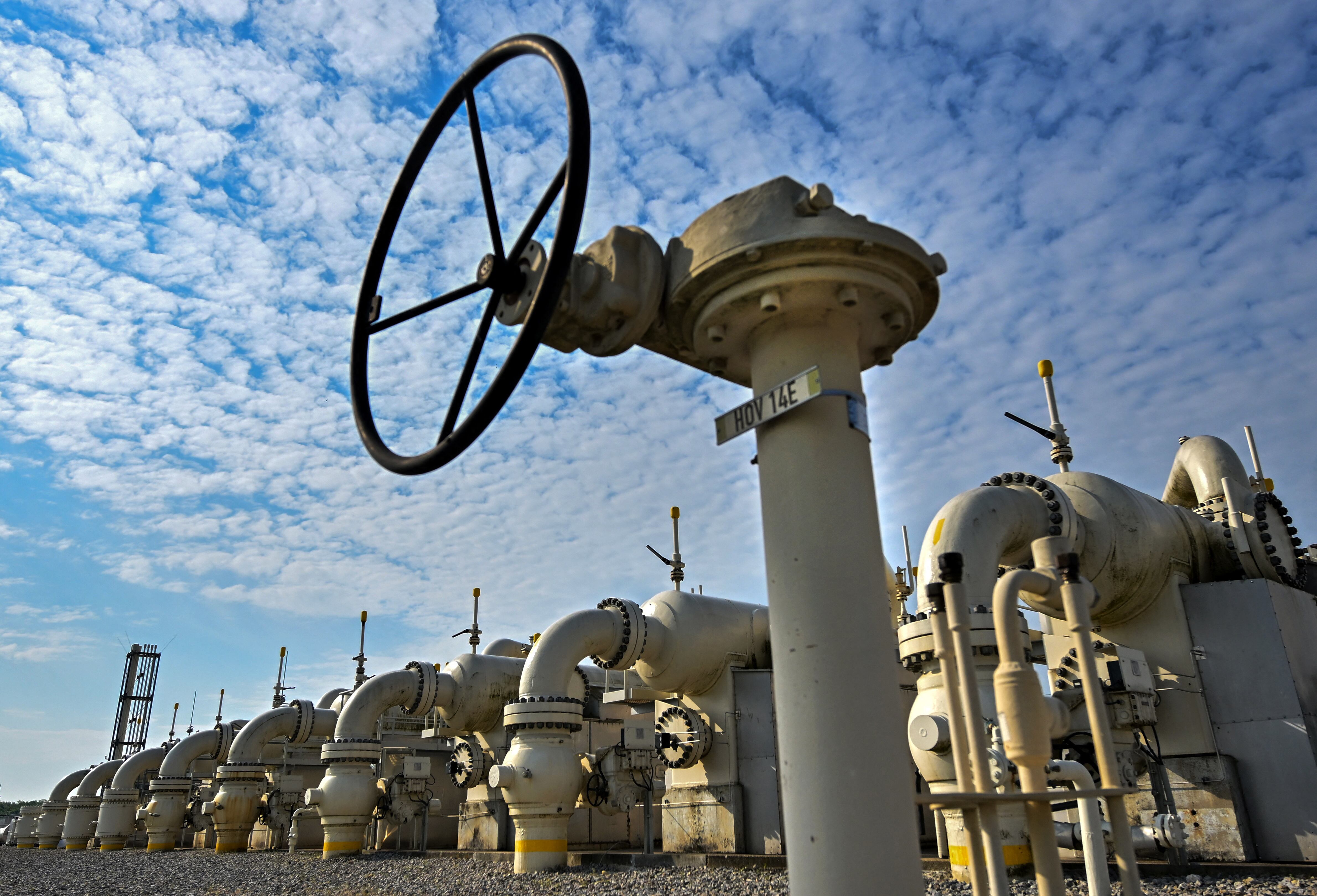
The Council of the European Union (EU) officially approved this Monday the first community sanctions against both Russian liquefied natural gas (LNG) and against ships that, through their activity, are contributing to the war in the Kremlin against Ukraine.
The foreign ministers of the EU Today they formally approved the fourteenth package of sanctions against Russia since that country began its large-scale invasion of Ukraine in February 2022.
Recently agreed upon by the ambassadors of the Twenty-seven, the new round of sanctions also includes restrictive measures against another 69 people and 47 entities (some located in China, Kazakhstan, Kyrgyzstan, Turkey and the United Arab Emirates) responsible for actions that undermine or threaten the integrity territorial, sovereignty and independence of Ukraine, as well as sectoral sanctions.
Energy
The EU has banned refueling services for Russian LNG that is going to be transshipped to third countries in community territory, in order to reduce the “important” income that Russia obtains from the sale and transportation of that gas.
This covers both ship-to-ship and ship-to-shore transhipments, as well as reloading operations, and does not affect import, but only re-export to third countries through the EU.
The European Comission will monitor the implementation and development of this decision and may propose palliative measures if necessary, the Council said in a statement.
Besides, the EU will prohibit new investments, as well as the supply of goods, technology and services for the completion of LNG projects under construction, such as Arctic LNG 2 and Murmansk LNG.
Transport
The EU also imposes sanctions for the first time on “certain ships contributing to Russia’s war against Ukraine”, which prohibits access to ports and the provision of services.
These vessels may be designated for a variety of reasons, such as transporting military materiel for Russia, transporting stolen Ukrainian grain, and supporting the development of the Russian energy sector, for example by transporting LNG components or LNG transshipments.
Likewise, the measure is directed against oil tankers that are part of the “floats in the shadow” furrows, which circumvent EU restrictions and ““They adopt deceptive transport practices in total disregard of international standards.”
Up to 27 vessels have been subject to these measures today.
Elusion
To help counter the re-export of material that Russia uses in the battlefield or the development of military systems, EU operators selling such material to third countries will have to implement due diligence mechanisms capable of identifying and assessing the risks of re-export to Russia, and mitigate them.
EU operators transferring industrial know-how for the production of military-grade material to third countries will have to include contractual provisions ensuring that it will not be used for products destined for Russia.
In addition, the ban on landing, taking off or flying over EU territory is extended to aircraft used for a non-scheduled flight, and the ban on the transport of goods by road on EU territory, including in transit, is extended to include to EU operators that are 25% or more owned by a Russian natural or legal person.
Finance
The use of the Financial Message Transfer System (SPFS), a specialized financial messaging service developed by the Central Bank of Russia to neutralize the effect of restrictive measures, is prohibited.
Also transactions with certain financial and credit entities and cryptoasset suppliers established outside the EU, when these entities facilitate transactions that support Russia’s defense industrial base.
Party financing
EU political parties, foundations, NGOs, think tanks or media service providers will no longer be able to accept funding from the Russian state and its representatives in order to counter Russian attempts at disinformation. and interference in EU democratic processes.
The measures will not prevent the media and their staff from carrying out other activities in the EU, such as investigations and interviews.
Exports
New restrictions have been introduced on exports of goods that especially contribute to the improvement of Russian industrial capacities (chemicals such as manganese ores and rare earth compounds, plastics, excavation machinery, monitors and electrical equipment.
Also to the import of helium from Russia, a source of important income for the Kremlin.
The purchase, import, transfer or export of Ukrainian cultural property and other property of archaeological, historical, cultural, rare scientific or religious importance is prohibited when there are reasonable grounds to suspect that they have left Ukraine illegally.
Source: Gestion
Ricardo is a renowned author and journalist, known for his exceptional writing on top-news stories. He currently works as a writer at the 247 News Agency, where he is known for his ability to deliver breaking news and insightful analysis on the most pressing issues of the day.











